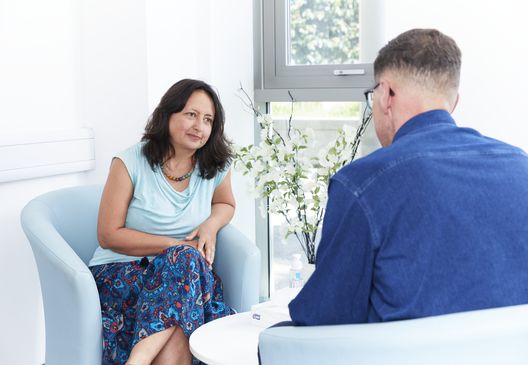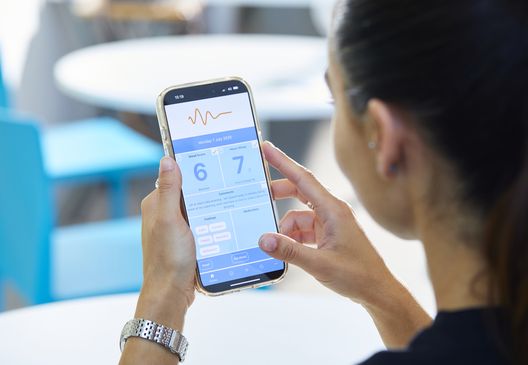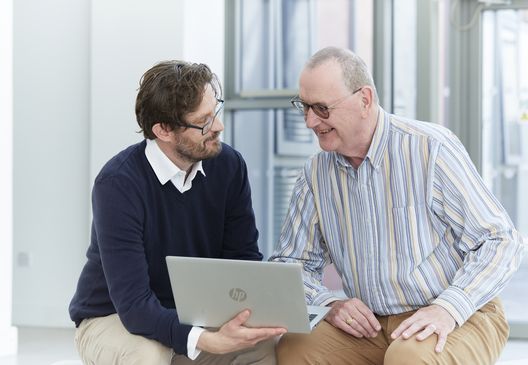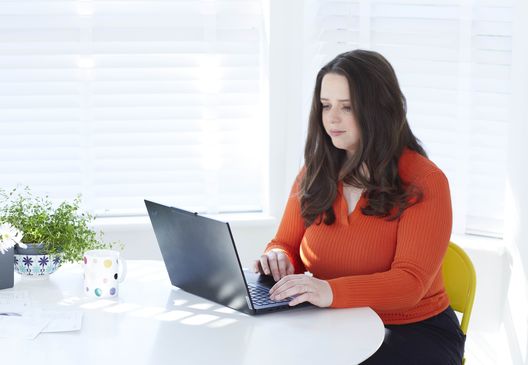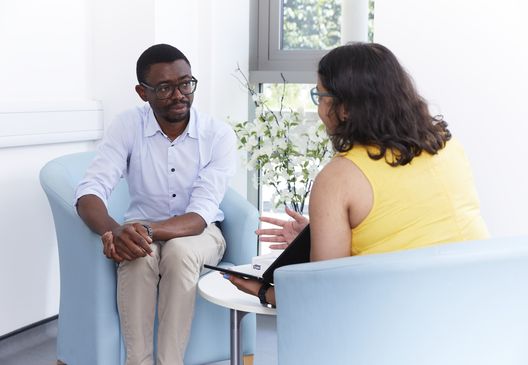
Get support
We are here to support you
At Bipolar UK, we offer free support to anyone who has a diagnosis of bipolar, who thinks they may have bipolar, or who has a loved one, friend or colleague with bipolar.
Need to talk?
Connect with our Peer Support Line for 1-1 advice, information and conversations.
Peer Support LinePrefer to chat online?
Join our Community to connect with others who truly understand the condition and share insights.
Join hereLooking for a group?
Use our Peer Support Group Finder to find your nearest in-person or online support meetings.
Find a groupYou are not alone
Urgent help
Bipolar UK does not provide urgent or crisis services.
If you or someone else is at immediate risk, please call:
Emergency services: 999 (UK)
Samaritans: 116 123 (free, 24/7)
NHS 111 for non-emergency medical advice
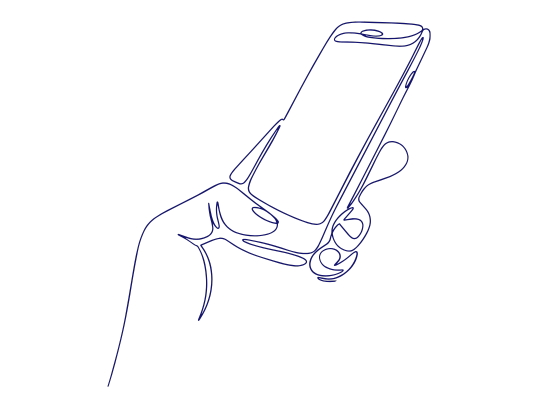
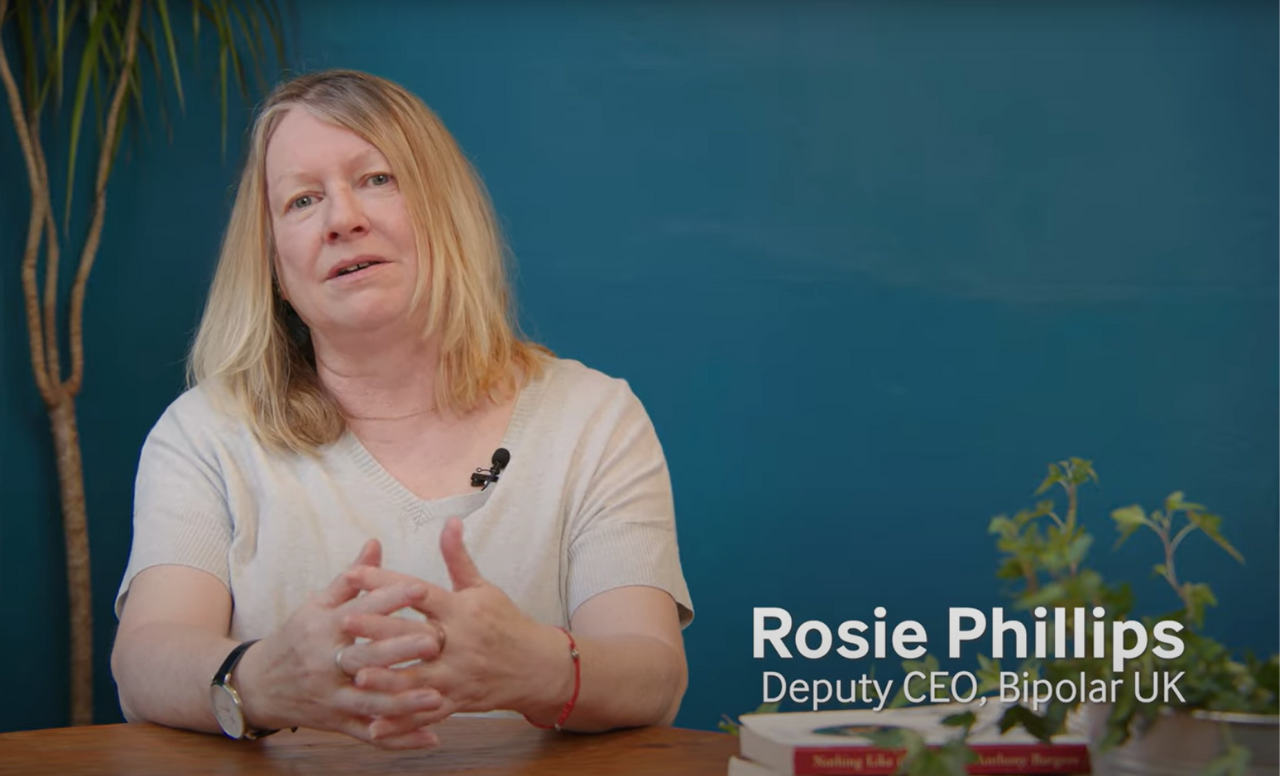
The benefits of peer support explained
George's Story
'My local support group was my saving grace'
George, 67, explains how a combination of medication, peer support and healthy lifestyle choices have helped him manage his bipolar for over 25 years.
Read George’s Story
